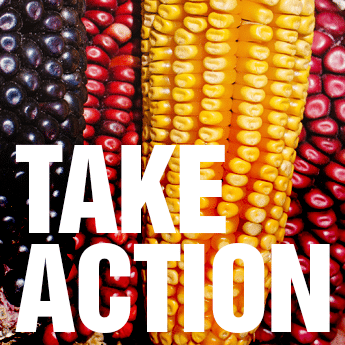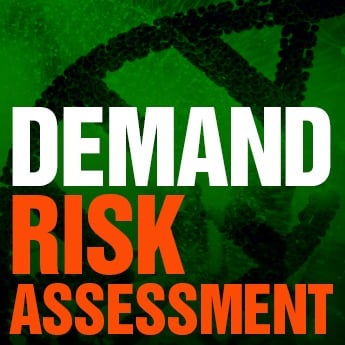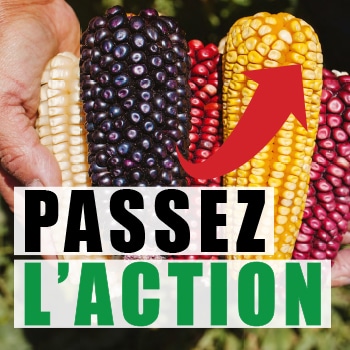May 11, 2021
Today, the Canadian Biotechnology Action Network (CBAN) submitted its objections to proposals from Health Canada that would allow product developers to assess the safety of some genetically engineered (genetically modified or GM) foods, particularly some produced through genome editing (also called gene editing) with no government oversight. CBAN, a network of 16 groups, argues that the changes proposed for regulating genetically modified organisms (GMOs) would jeopardize food safety, result in less transparency for the public and the agri-food industry, and further erode public trust in the food supply and government regulation.
“Downloading responsibility for food safety assessment to product developers is not acceptable,” said Lucy Sharratt, Coordinator of CBAN. “Corporate self-regulation would create a dangerous dependence on safety assurances from product developers. The new genetic engineering techniques of genome editing require rigorous independent safety assessment.”
Health Canada’s core proposal is to remove its regulatory authority from some genome edited foods, in particular some of those that do not have any foreign DNA.
The proposals would mean unregulated, and possibly unreported, genome-edited foods entering the market. Genome editing techniques are a type of genetic engineering that results in the creation of genetically modified organisms (GMOs). The use of genome editing can result in a range of possible unintended effects that CBAN argues need to be detected and evaluated for their potential impacts on food safety through mandatory, independent safety assessments.
“This would amount to an abdication of Health Canada’s responsibility to regulate for the safety of Canada’s food supply,” said Elisabeth Abergel, professor at the Institute of Environmental Sciences (Institut des Sciences de l’Environnement) and the Department of Sociology at the University of Quebec at Montreal (Université du Québec à Montréal), “There is an inherent conflict of interest in product developers determining if regulations apply to their own products, and in determining their safety.”
Health Canada proposes to define the presence of foreign DNA as a trigger for regulation (a “novel trait”). If they do not have another obvious “novel” characteristic, genome-edited products without foreign DNA would be allowed to be assessed for safety by product developers themselves, rather than by Health Canada. CBAN argues that narrowly focusing on foreign DNA as a trigger for government safety assessment overlooks a range of possible safety issues.
Health Canada proposes what it calls a “Voluntary Transparency Initiative” which would “encourage” (not require) companies to notify the department of any unregulated gene-edited products coming to market.
“Health Canada’s should be an independent regulator on behalf of the Canadian public,” said Sharratt.
CBAN demands mandatory, independent safety assessments of all genetically engineered foods, including those produced by the new genetic engineering techniques of genome editing.
Health Canada’s public consultation on the proposals ends May 24, 2021.
For more information:
Lucy Sharratt, Coordinator, Canadian Biotechnology Action Network, 902 209 4906, coordinator@cban.ca
A media backgrounder is posted at www.cban.ca/CBANCommentSummary
CBAN’s comments submitted to Health Canada on May 11, 2021 are posted at www.cban.ca/NoExemption/CBANComment
CBAN’s Guide to the consultations is posted at www.cban.ca/NoExemptions/Guide
CBAN’s “Introduction to Genome Editing” & our report “Genome Editing in Food and Farming: Risks and Unexpected Consequences” are posted at www.cban.ca/GenomeEditingReport
The Canadian Biotechnology Action Network (CBAN) brings together 16 groups to research, monitor and raise awareness about issues relating to genetic engineering in food and farming. CBAN members include farmer associations, environmental and social justice organizations, and regional coalitions of grassroots groups. CBAN is a project of MakeWay’s shared platform.
-30-






